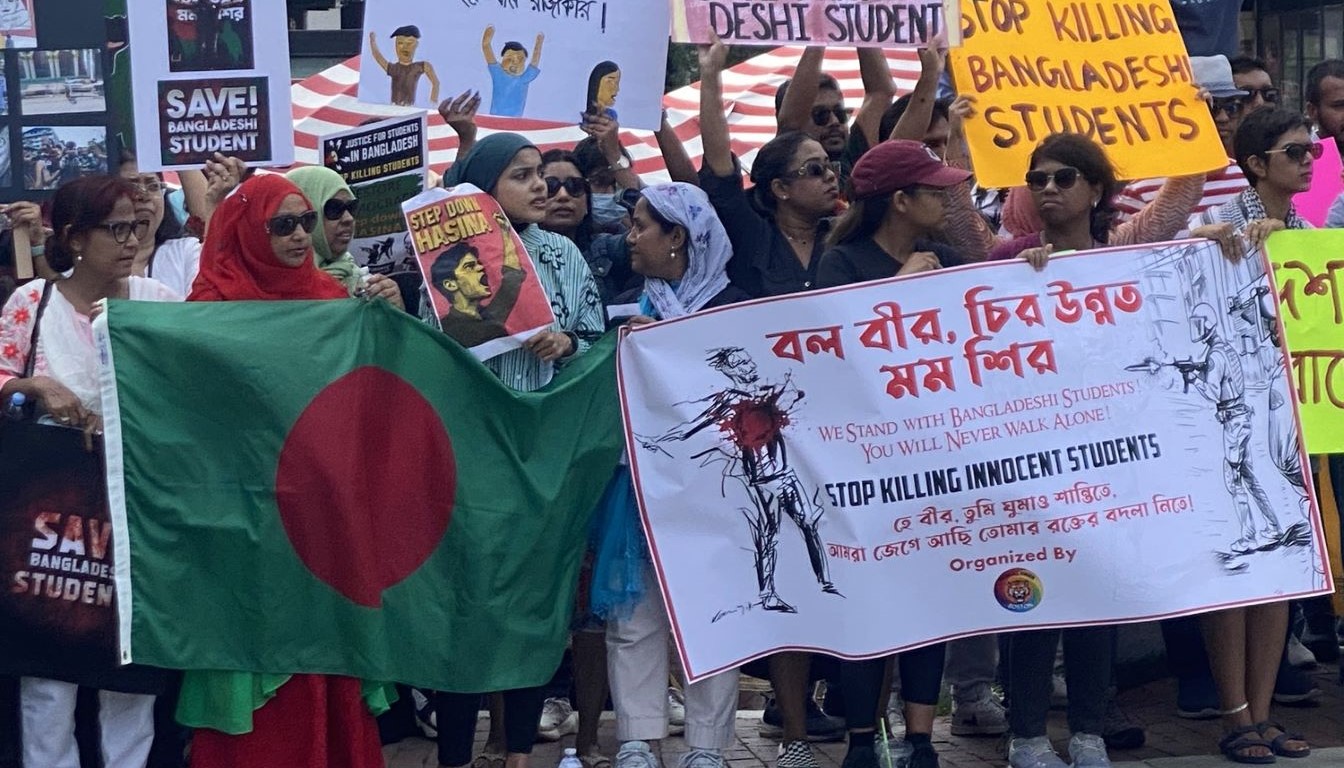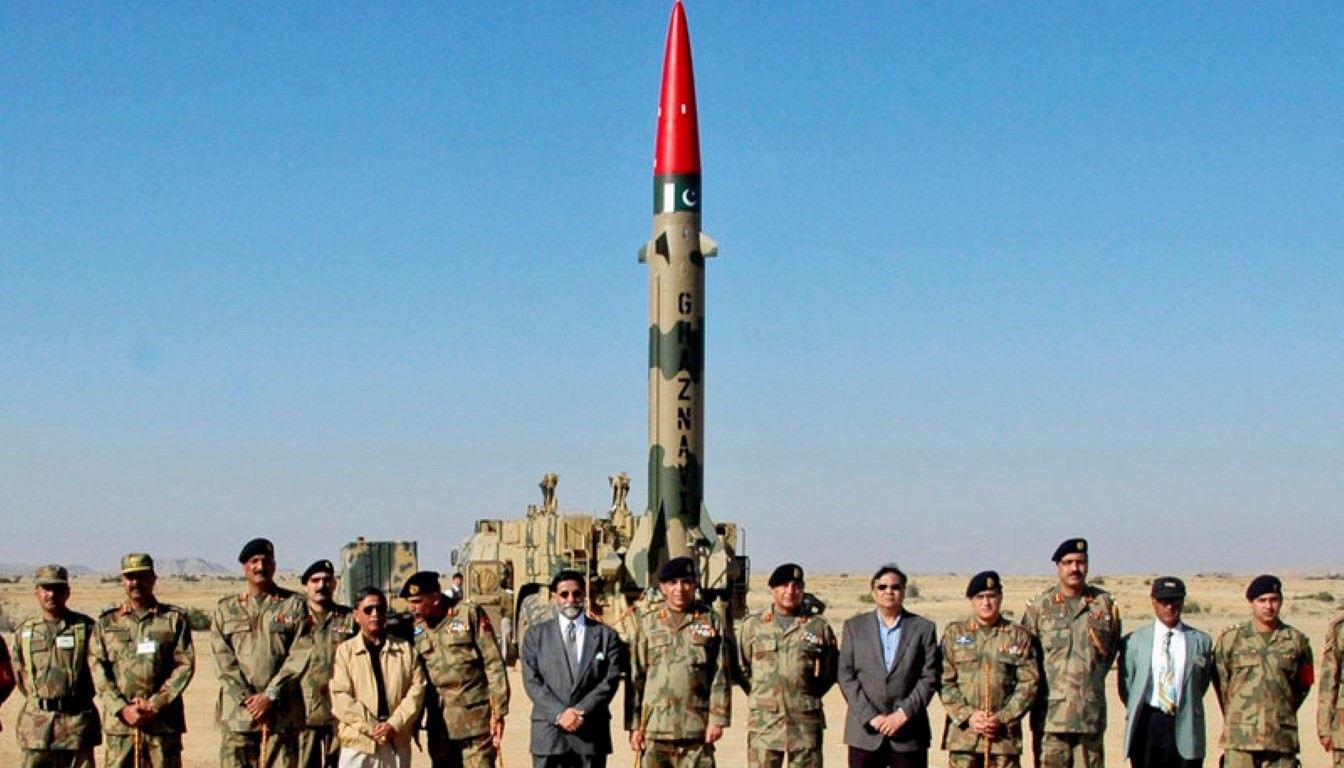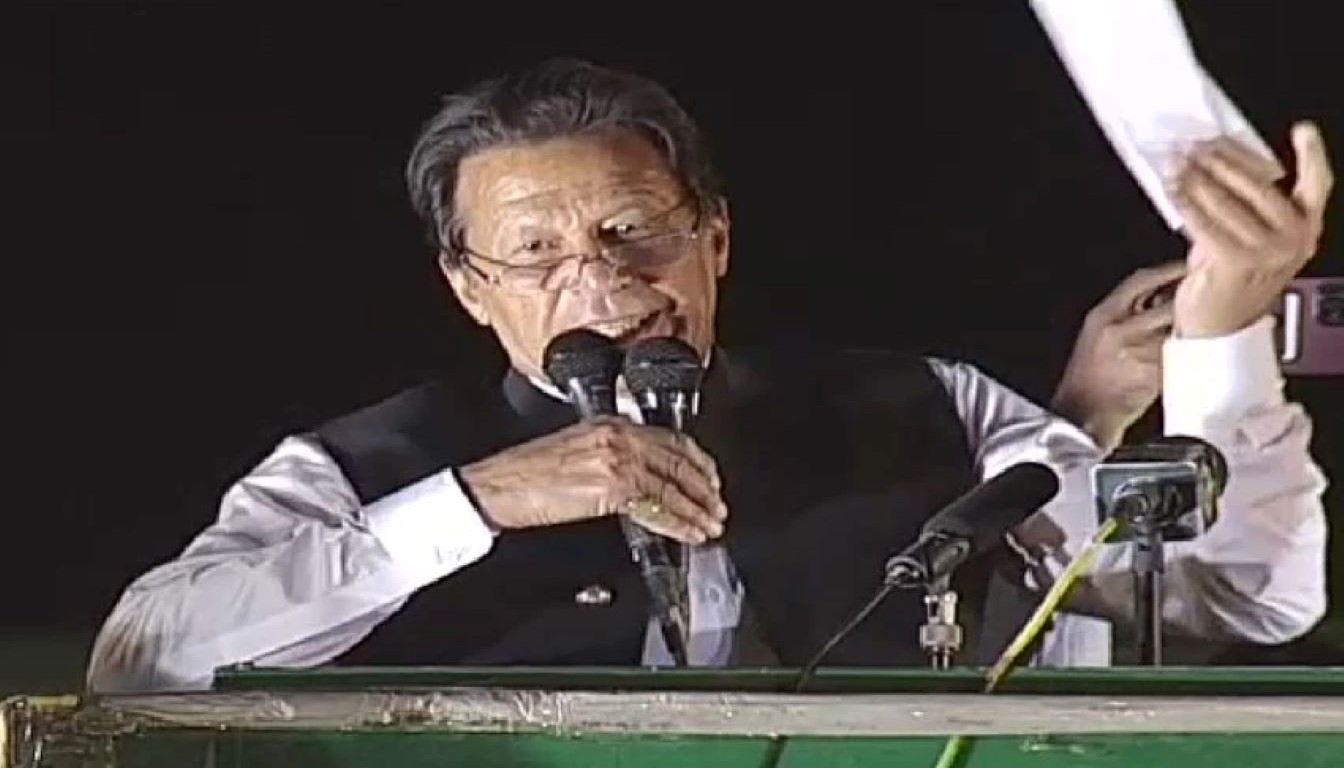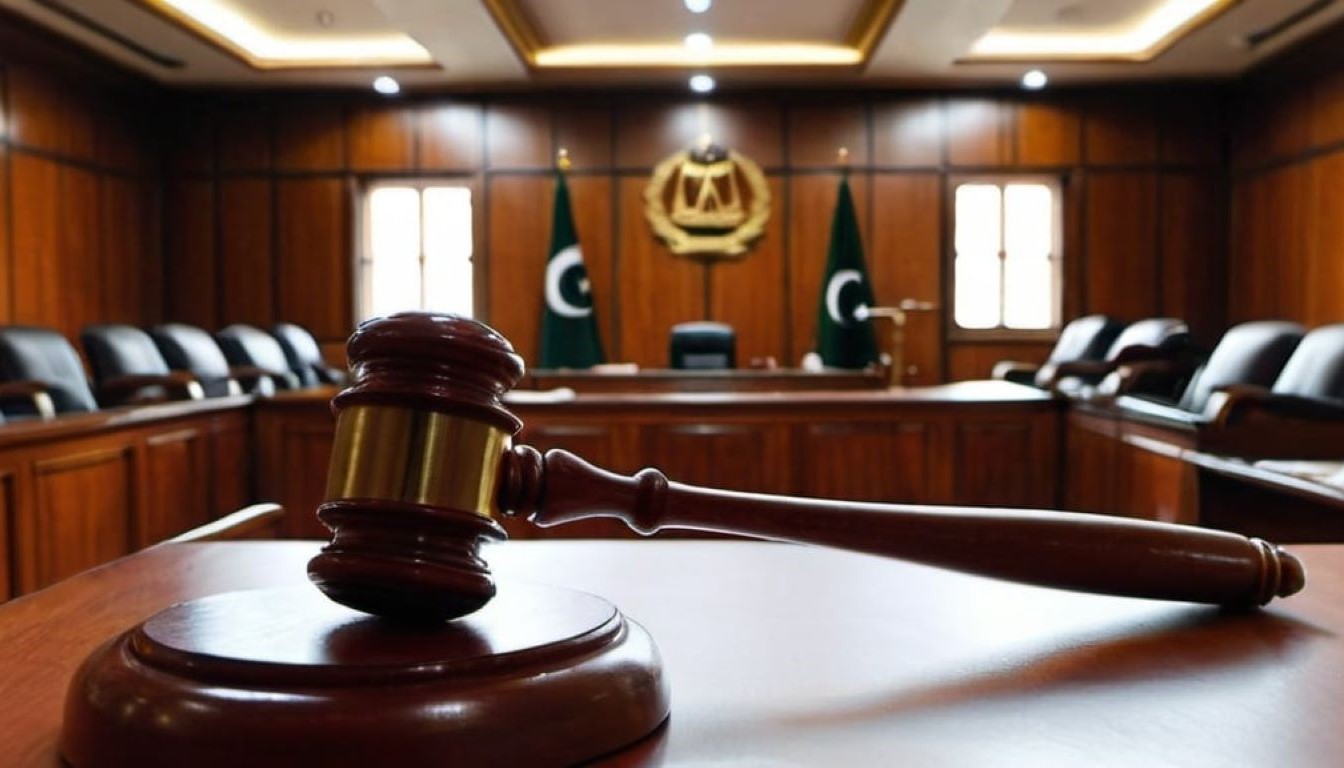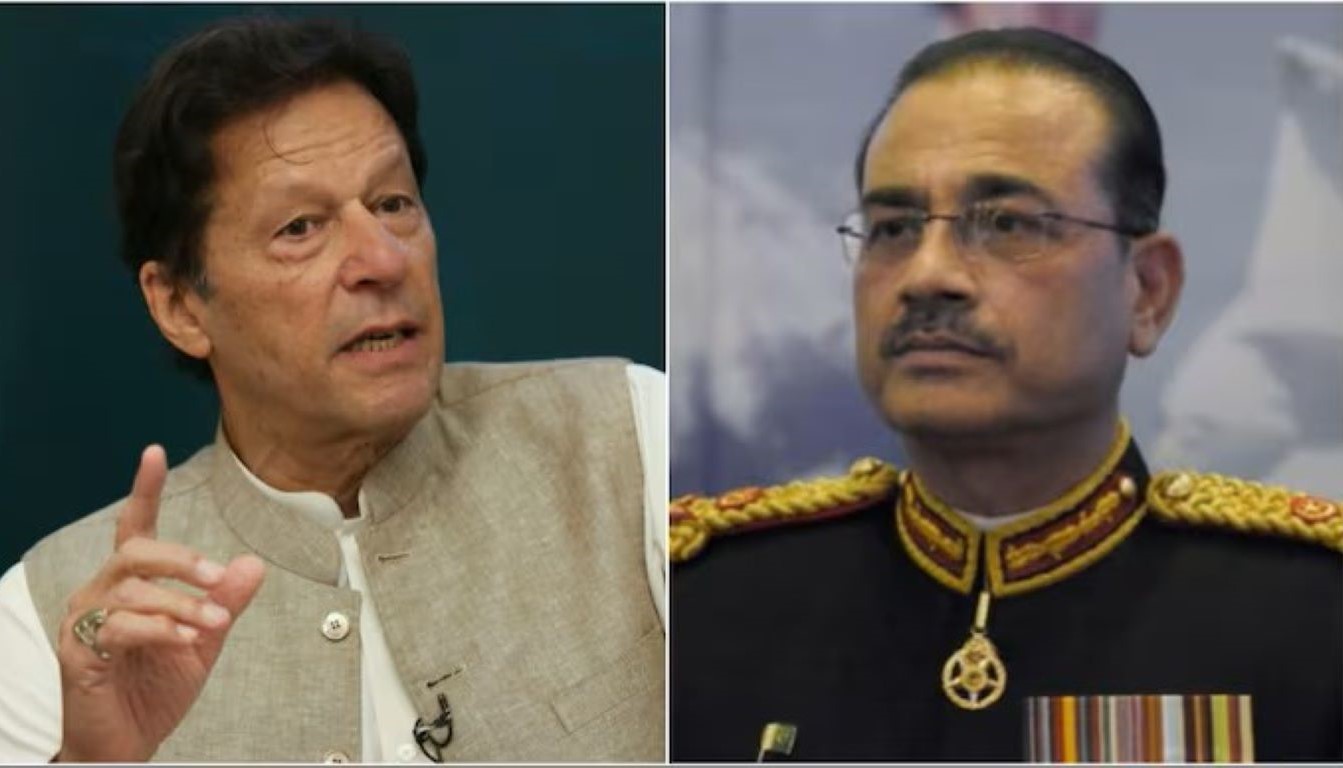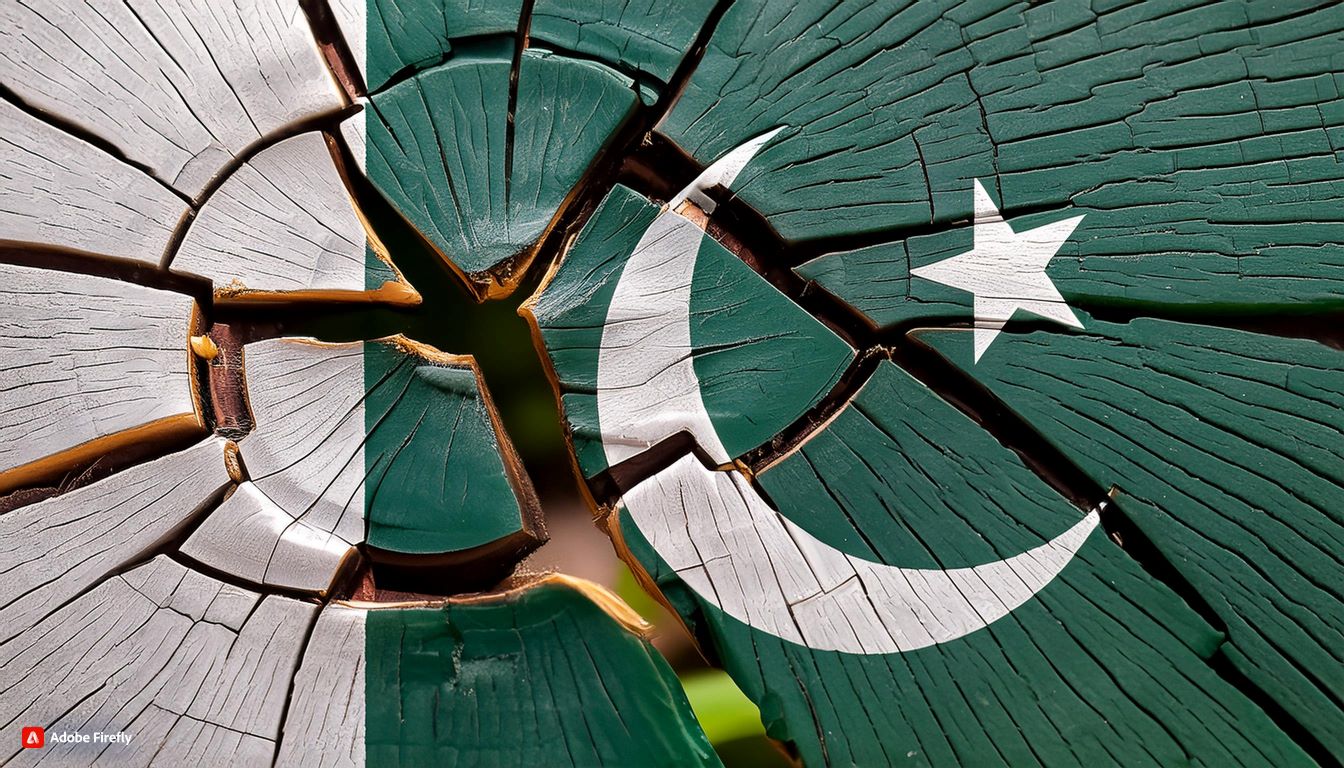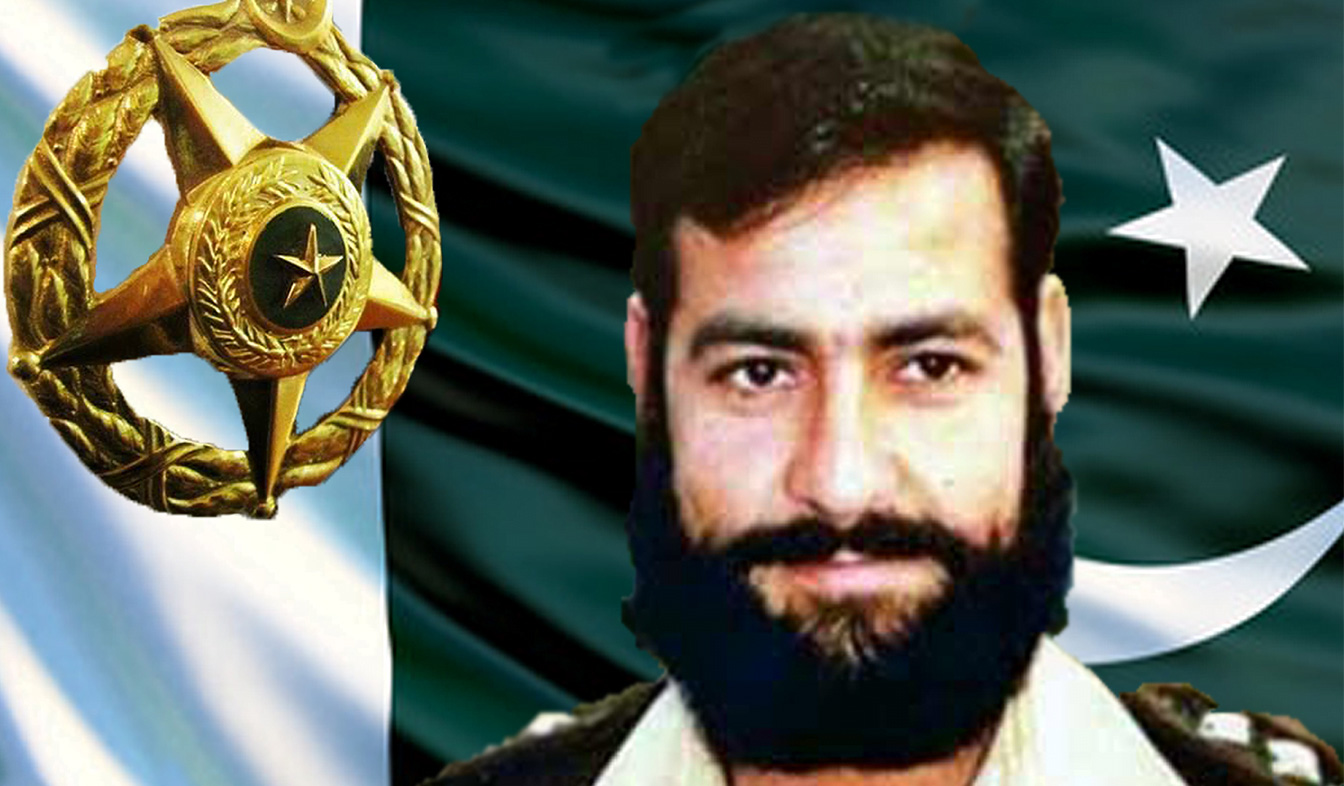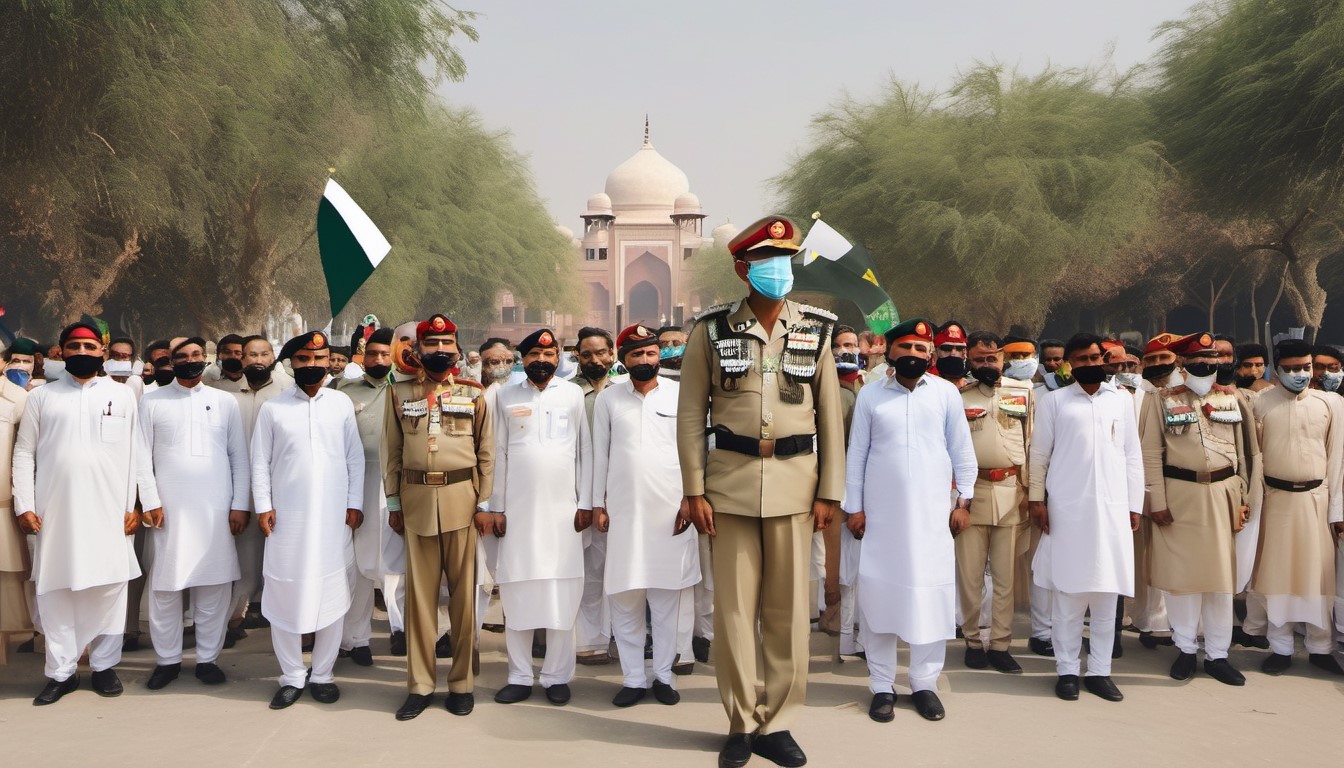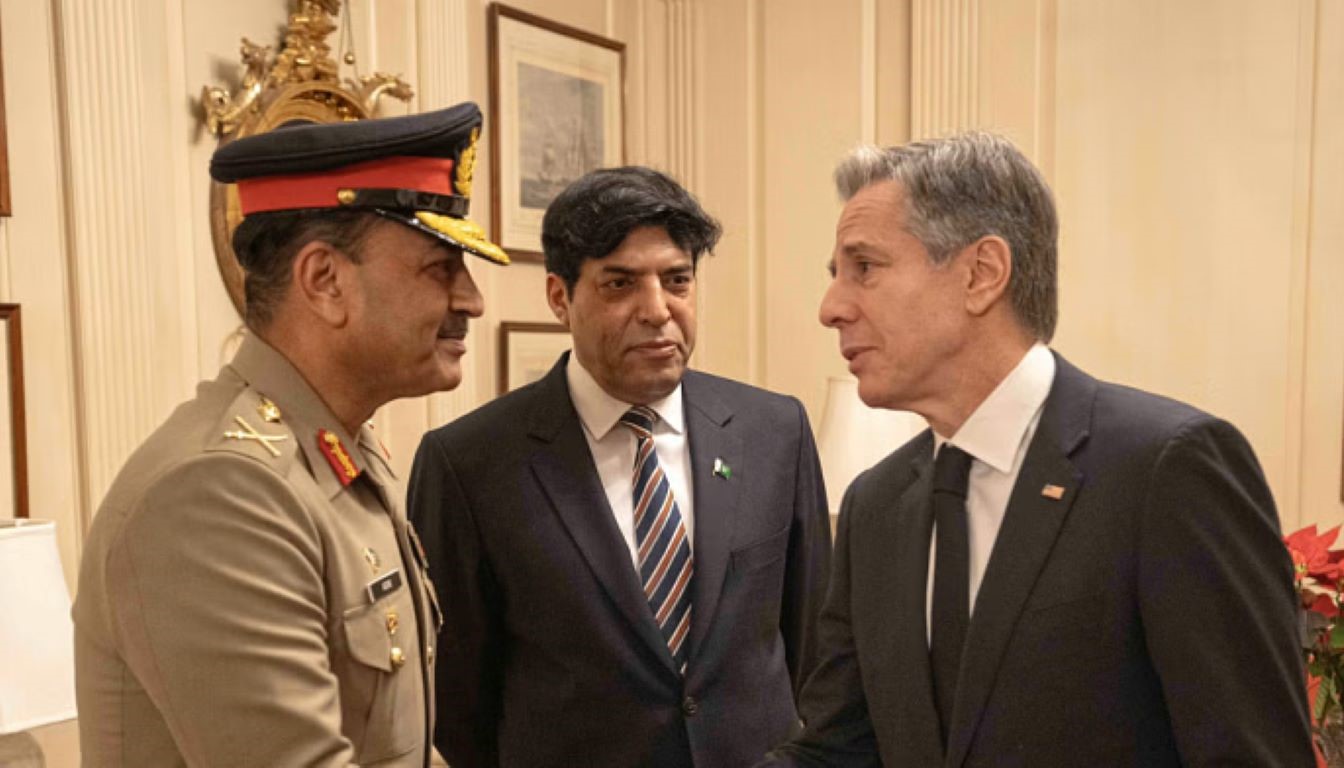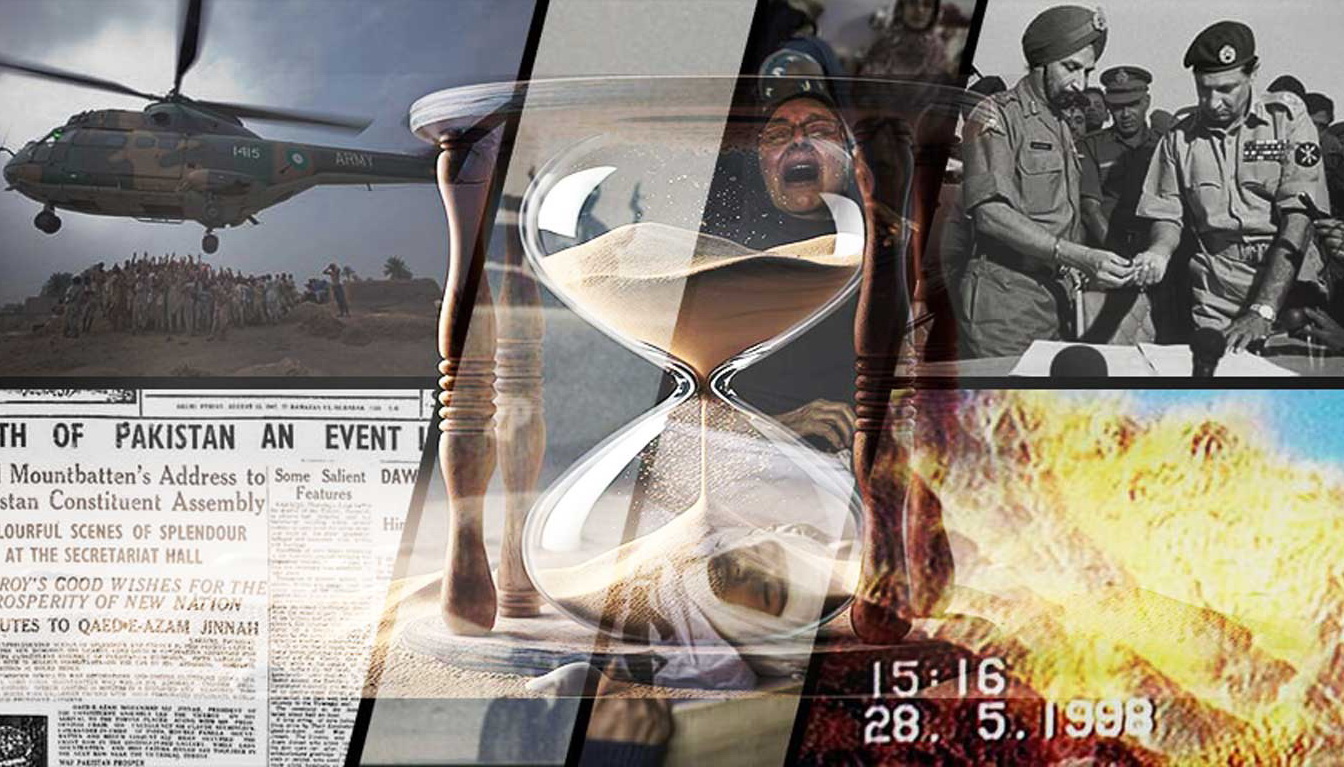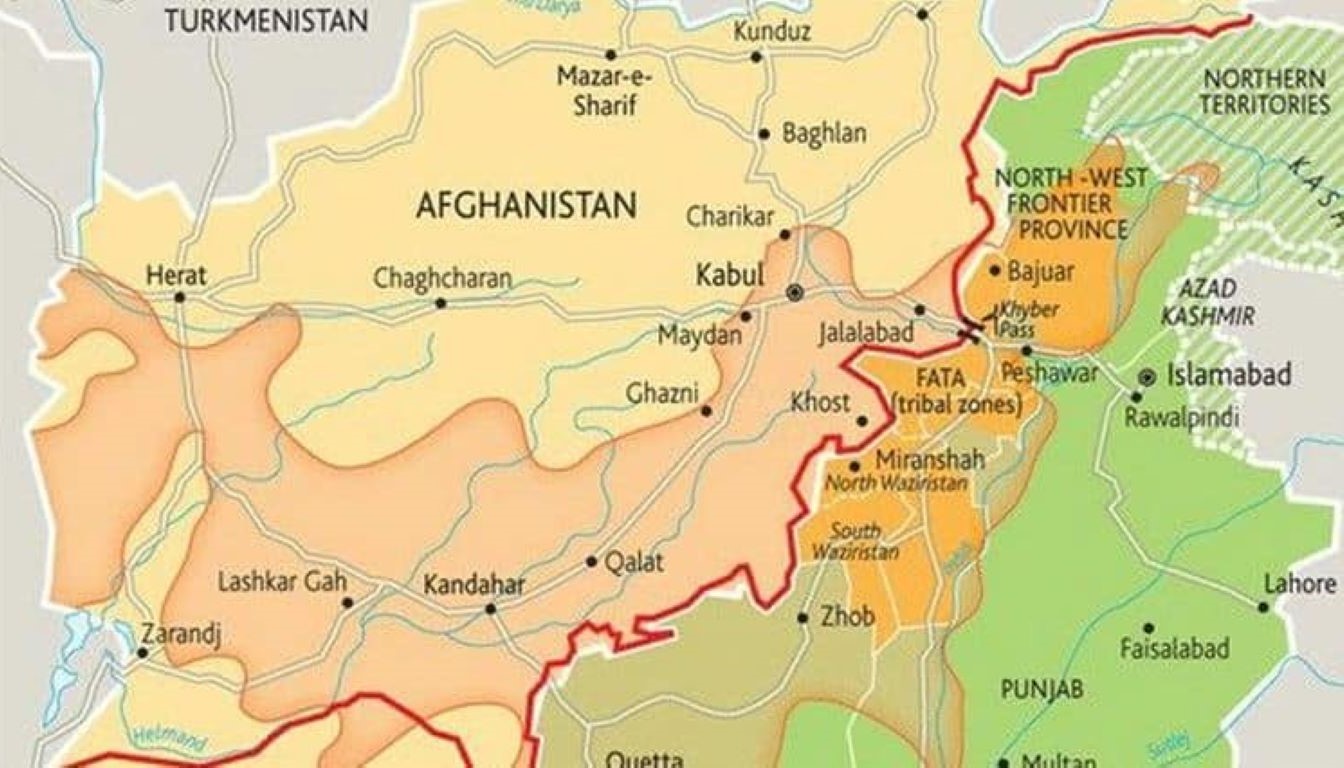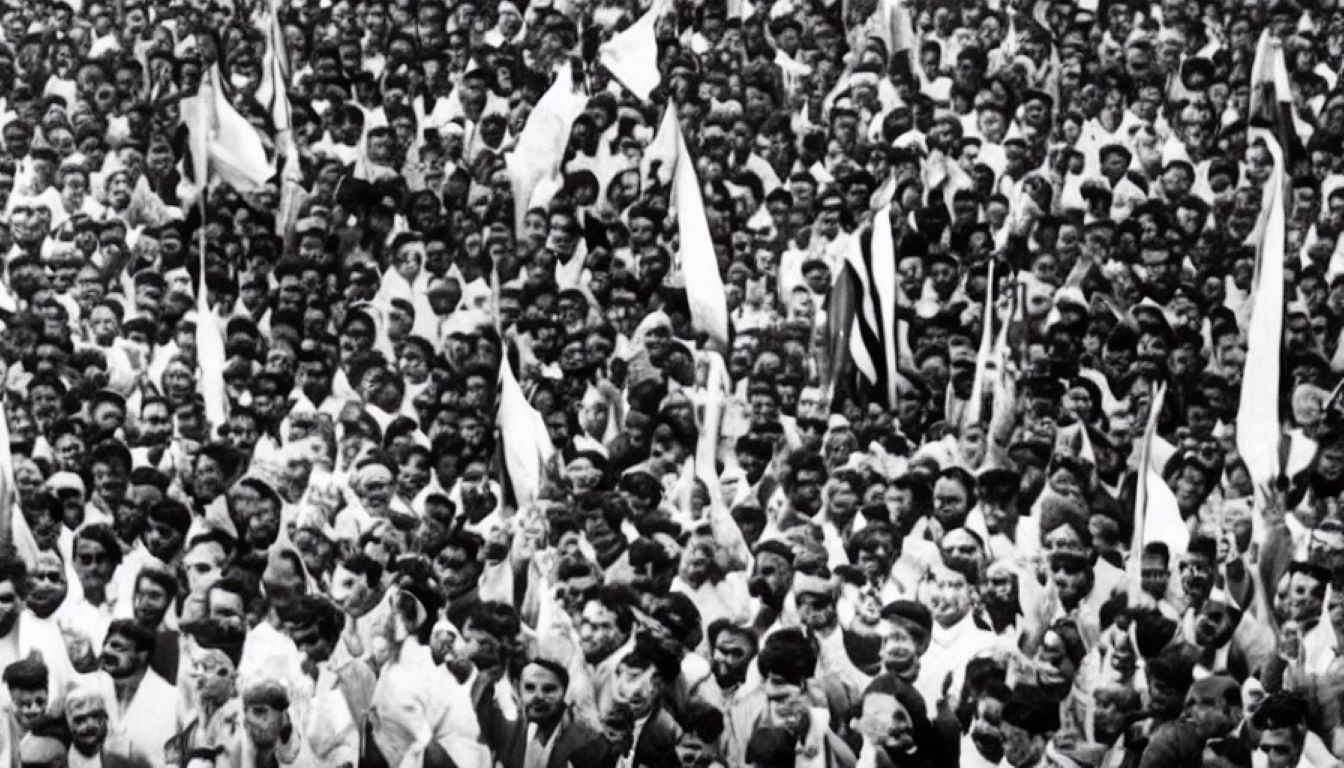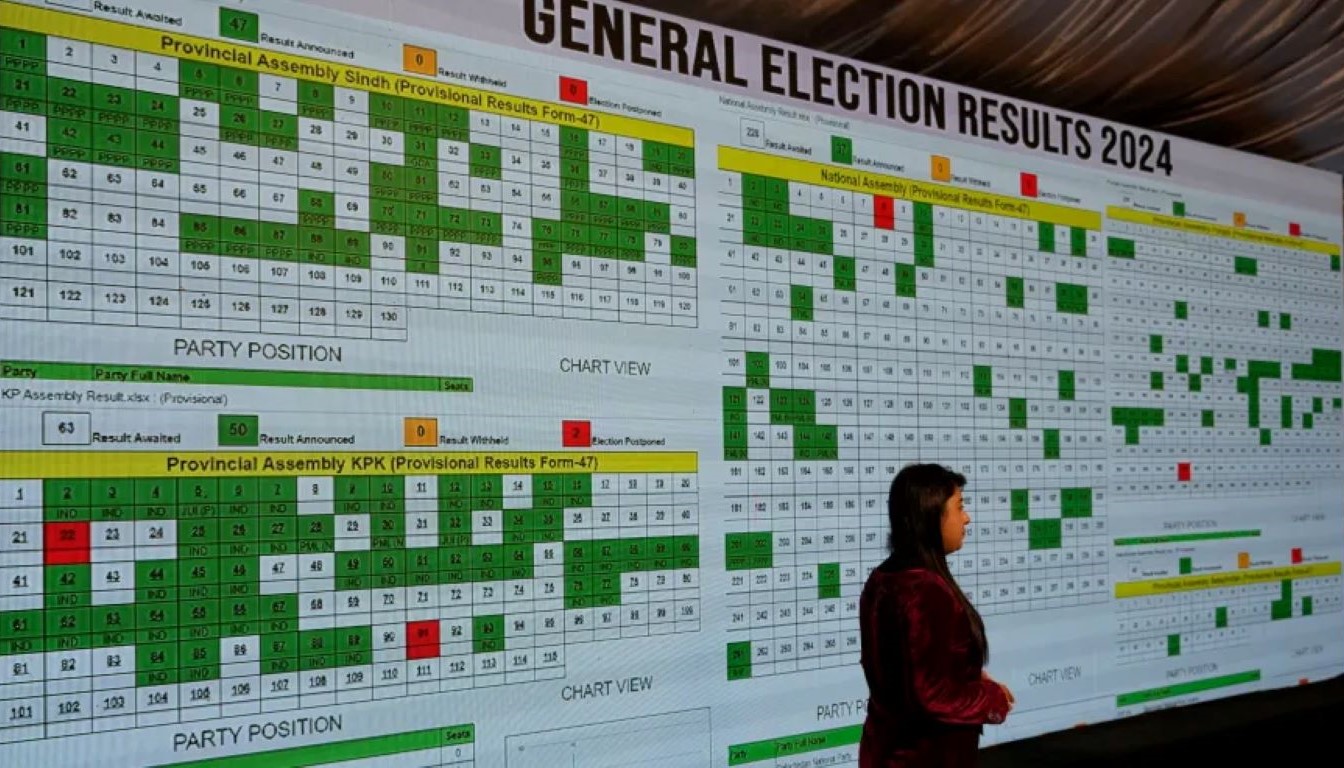‘Heads must roll’, is the echo within the power corridors of New Delhi. During a discreet call, a highly respected, senior ranking Indian Army Veteran, discussed the ensuing war within the Indian establishment with me in detail.
Historically, the Indian military has proven to be the spanner in the works whenever any peaceful resolution of India’s, over disputes such as Kashmir, has made progress at a bilateral level with Pakistan.
Whether it be the 1965 war, where the Indian Army escalated tensions by opening up a main front through misleading political hierarchy, and yet failing to achieve objectives, embarrassing India globally, or the Agra Summit where the Indian military played a dodgy role by putting it’s foot down on Mr. Vajpayee’s neck, making him say no to General Musharraf and killing his initiative for a peaceful resolution for the Kashmir dispute. The Indian military has always played a negative role, perhaps for the fear of becoming redundant in a peaceful neighbourhood.
There are many other vested interests as well, such as the political ideology of Hindutva and the influences arising from such an ideology. It is used for the motivation and maintenance of the morale of their troops. This is the signature attitude of the Indian Military towards a peaceful resolution of disputes—especially with Pakistan and now with China as well. It does, however, create turf wars and dissent within ranks in an army, which once took pride in its secular nature, and allows it to be painted with the Hindutva ideology.
It manages to create fissures from top to bottom in an open system, now being boxed into a political ideology inspired by the ideas of the founding fathers of the Rashtriya Swayamsevak Sangh (RSS). It creates ripe ground for mutiny amongst the non-Hindu manpower of Indian Military.
‘Many Indian Military families have raised concern about this situation amongst themselves’ says my well-known fellow Veteran officer from India. We met and became friends in London. While requesting not to reveal his name for obvious reasons, in a heart-to-heart conversation very recently, he told me some startlingly sensational revelations about an ensuing tussle within the Indian establishment. According to him, Indian CDS General Bipin Rawat, NSA Mr Ajit Doval and Home Minister Amit Shah, who’s also the ruling party’s strongman, have all joined hands to oust the Indian Army Chief General, Manoj Mukund Naravane, as the sacrificial lamb for national embarrassment at the Chinese border. Only the Defence Minister of India, Mr Rajnath Singh, is standing in between the Indian Army Chief’s fall from grace.
This source, being an insider of the Indian Military, further explained, by linking the long-standing tug of war between the CDS General Rawat and Army Chief General Naravane ever since the creation of the new designation of CDS, with an effort by the CDS to impose himself on the Army Chief. In the absence of an institution of Joint Services HQ to effectively command tri services from a centralised command network, General Bipin Rawat is struggling hard and facing stiff resistance, by the services chiefs like General Naravane—responsible for leading the biggest force among the tri services—in his efforts to superimpose himself.
I was told that General Bipin Rawat is seen to be appointed by the BJP as the CDS, through creating a new appointment sans infrastructure, owing to his political services to the party and providing political mileage for PM Narendra Modi with his hawkish anti-China-Pakistan statements, when he was the Army Chief.
General Bipin Rawat and Ajit Doval, played the Indian political leadership together by misleading them about the actual ground situation at the border with China and Pakistan. The Balakot incident where an Indian fighter jet was shot down in a Pakistani counterstrike, capturing an Indian pilot in February 2019, and the Galwan Valley clash with the Chinese PLA in 2020 which caused the massacre of 20 Indian Army soldiers, is the result of such boastful exaggeration of Indian capabilities by the Bipin-Ajit and CDS-NSA duo. A Power tussle between the CDS and the Army Chief also played a role in this situation as well.
My source revealed that the CDS and NSA being close confidantes of the Indian PM, Narendra Modi, kept presenting a different picture of the battlefield analysis from what the Army Chief was saying. It can be ascertained, from past public statements of General Bipin Rawat and Mr Ajit Doval, that both are expected to boast the actual strength and capabilities of the Indian Military in a confrontation on ‘Two-Fronts’. On the other hand, Indian Army Chief General Naravane, who maintains a dignified composure, is most likely to be the one speaking sense to the political leadership.
However, his honesty is of little to no use in an emerging India where the political ideology of the RSS reigns supreme. RSS is the only political party in the entire world which openly supports Zionist Fascism in Palestinian territories. The dichotomy is that before this, they associated themselves with Nazism and its concept of ‘pure race’ since they had an alignment with the traditional Brahmin caste based apartheid rule in India.
To add insult to injury, the Chinese comprehensively prevailed over an Indian delegation during the meeting of the foreign ministers of both countries on the sidelines of the SCO Summit in Moscow. This was evident from the surprising joint statement by China and India, deciding to draw down forces in an eyeball to eyeball conflict on the Indo-China borders. Not only did the Chinese force their point of view on India, they also convinced the Indian Foreign Minister that the Indian Army misrepresented the ground facts to their political leadership in New Delhi. This information was revealed by a Pakistani diplomat in Moscow who was privy to the dialogue between China and India.
After speaking to a friend who is an officer of the Inter-Services Intelligence (ISI) in Islamabad, who is currently working with the analysis wing covering India, I was told that fissiparous tendencies in India have never been stronger than in the present as the Hindutva mob is in power there. Balkanisation of India, due to her ethnic fault lines being continuously exploited under the Hindutva regime is a real possibility.

